Ah, the drama of European diplomacy! Cue the dramatic music and roll the opening credits for “The Great Euro Shuffle: A Tale of Desperation, Defense, and Diplomatic Derring-Do.”
In this week’s episode, Britain’s very own Keir Starmer and France’s ever-so-dramatic Emmanuel Macron have strapped on their capes (or at least their well-tailored suits) to save Europe from descending into chaos—or worse, awkward dinner parties with Vladimir Putin.
The stakes? Oh, just the future of Ukraine, NATO’s reputation, and whether Donald Trump will decide that peace treaties are best negotiated via late-night tweets.
Picture it: a summit so serious, you could practically hear violins playing in the background as Starmer declared, “We are at a crossroads in history.” Translation: “Things are about to get weird, folks.” And he’s not wrong.
With the U.S. administration currently treating Moscow like its favorite uncle who shows up uninvited but still gets dessert, someone has to step in and remind everyone why invading your neighbor is generally frowned upon. Enter Team Starmer-Macron, ready to swoop in where angels—and apparently Brussels bureaucrats—fear to tread.
But here’s the kicker: they’re doing all this outside the usual channels. That’s right, no EU or NATO lifelines for these two.
It’s like trying to plan a wedding without inviting the caterers or the DJ—you can do it, sure, but there’s a good chance someone’s going to end up crying in the corner.
Meanwhile, poor Ukraine is stuck in the middle of what feels increasingly like an international soap opera. On one side, you’ve got Russia playing the villainous mustache-twirling role to perfection.
On the other, the Americans seem more interested in cutting deals than standing firm, leaving our heroic duo of Starmer and Macron to yell, “Hold my croissant!” before charging headfirst into the fray.
So grab your popcorn, because this geopolitical saga has everything: high-stakes negotiations, unlikely alliances, and enough diplomatic jargon to make even the most seasoned policy wonk’s eyes glaze over.
Will Starmer and Macron succeed in bolstering Ukraine’s defenses while keeping Trump from accidentally handing Putin a victory lap? Or will this whole thing devolve into a chaotic game of Risk played on a global stage?
It was a week so emotionally exhausting, even Netflix wouldn’t greenlight it. Ukraine and its allies went from “We’ve got this!” to “Oh no, we definitely don’t” faster than you can say “borscht.” But fear not! Enter Keir Starmer, fresh off his red-eye flight to Washington, armed with nothing but British stoicism and an Excel spreadsheet of talking points.
He joined forces with Emmanuel Macron—France’s answer to suave diplomacy (and cheese)—for what can only be described as the diplomatic equivalent of speed-dating with Donald Trump.
The meetings? Cordial! Which is impressive considering Trump’s reputation for turning negotiations into something resembling a WWE SmackDown episode.
Miraculously, Trump softened his tone toward Ukraine, though he stopped short of promising any actual security guarantees. Instead, Volodymyr Zelenskyy—the man who traded comedy gigs for running a country at war—was ready to sweeten the deal by offering the U.S. access to rare earth minerals.
It sounded like the makings of a beautiful friendship… or at least a decent trade agreement.
But then came Friday’s plot twist worthy of a soap opera cliffhanger. In a move that could only happen in real life because no screenwriter would dare pitch it, Trump and VP JD Vance publicly roasted Zelenskyy live on camera, accusing him of being about as grateful as someone who forgets your birthday after you gave them a gift card.
Poor Zelenskyy didn’t even get to sign the deal before being shown the door faster than a telemarketer at Thanksgiving dinner.
So here we are: one step forward, two steps back, and everyone looking slightly bewildered. If this were a movie, critics would call it “chaotic, unpredictable, and oddly compelling.” But since it’s real life, we’ll just call it another Tuesday in geopolitics.

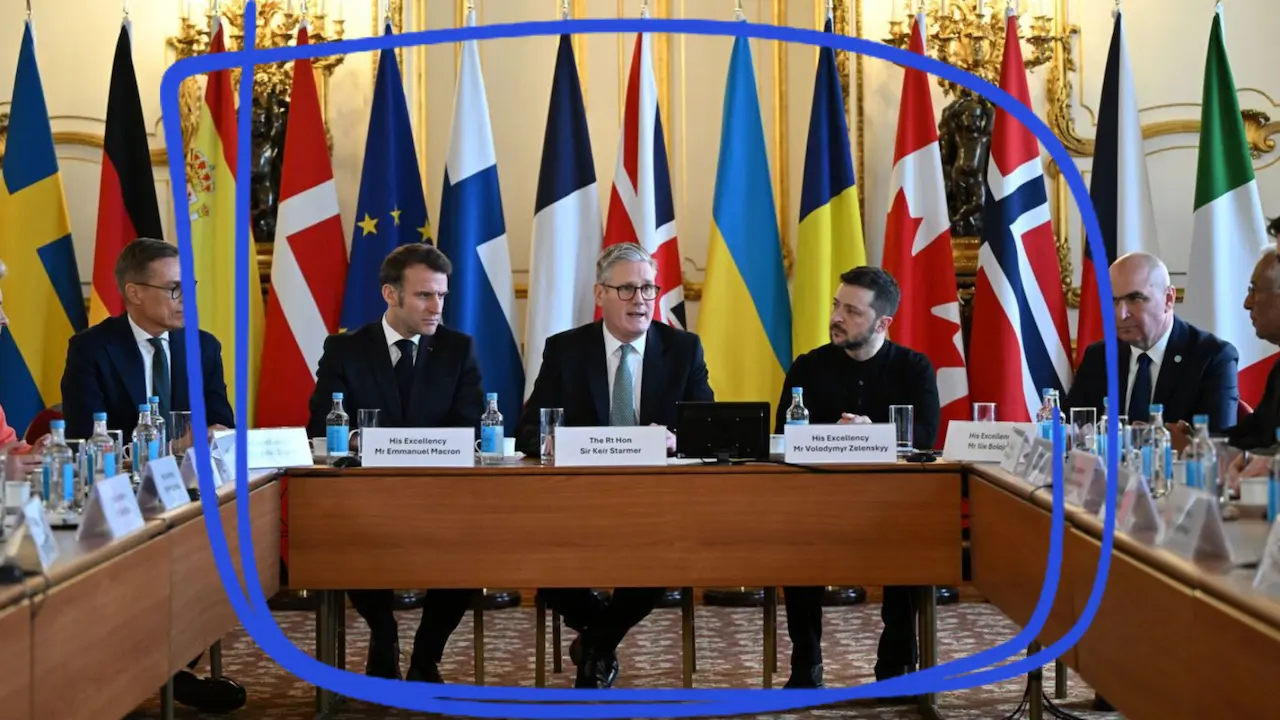

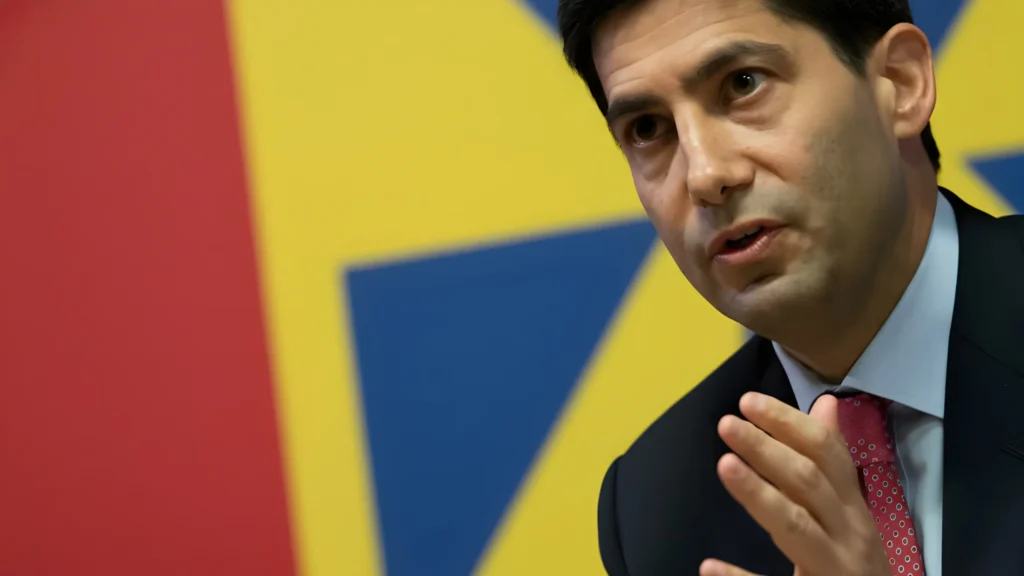
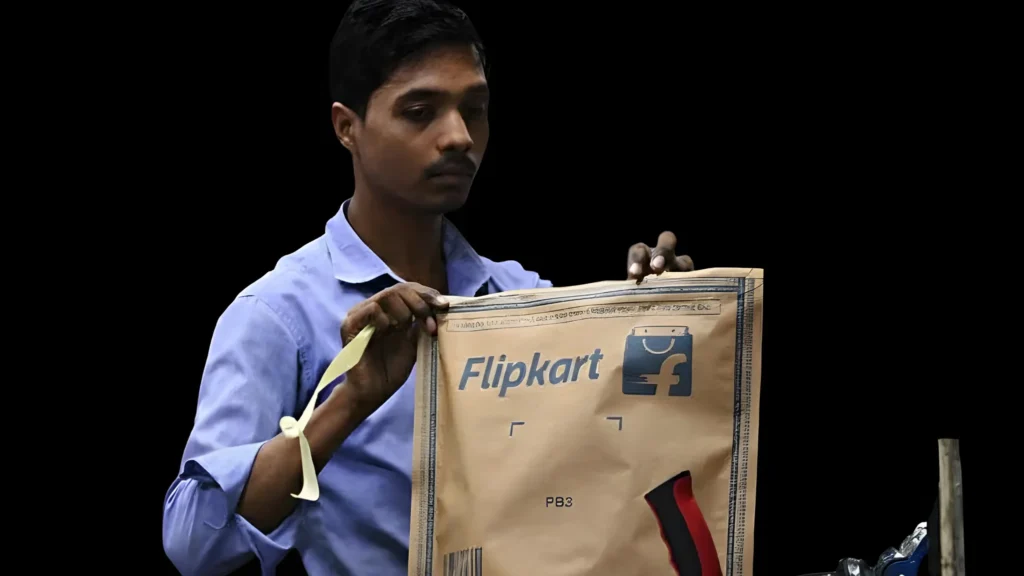
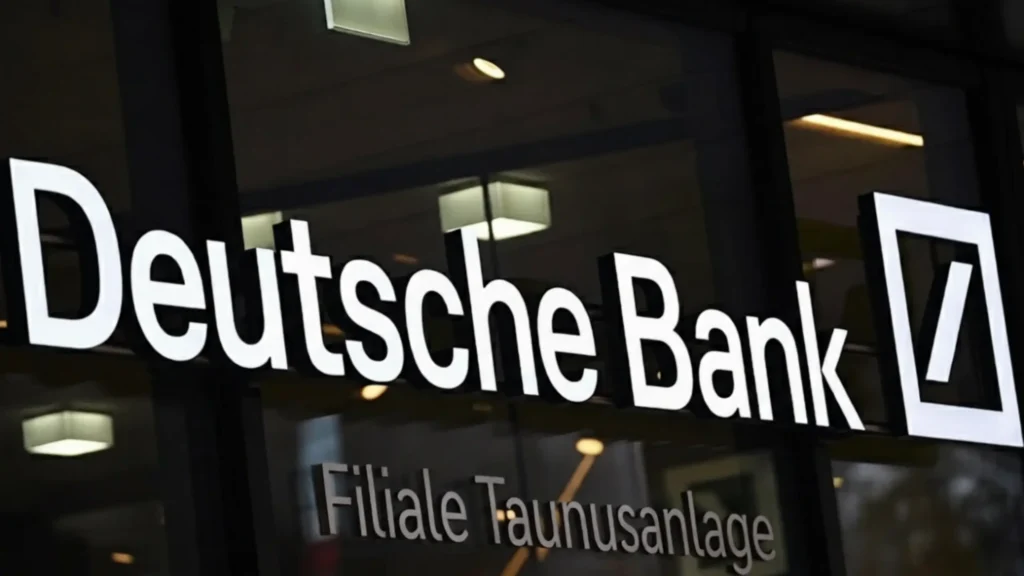
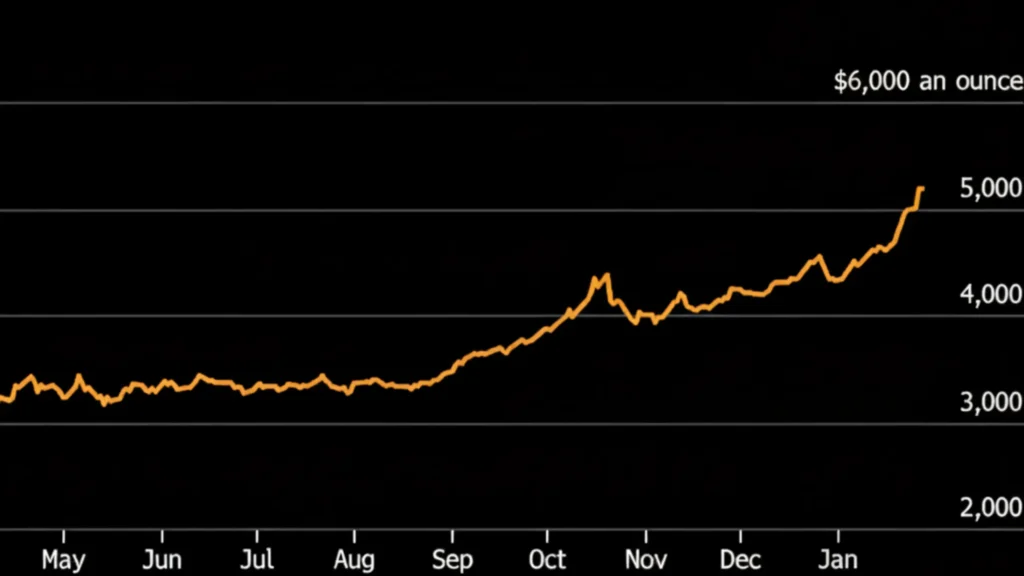
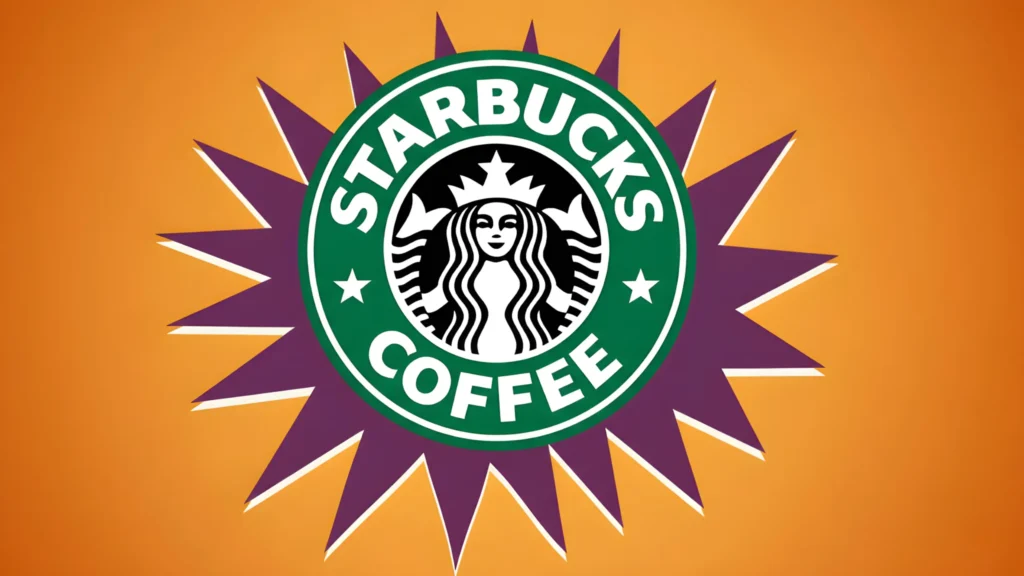



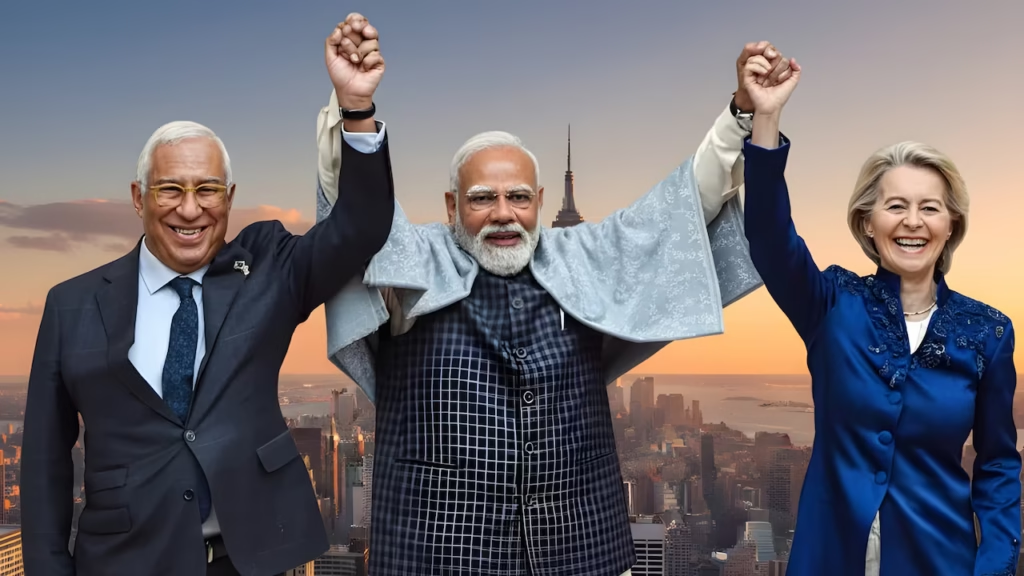
Leave a Reply